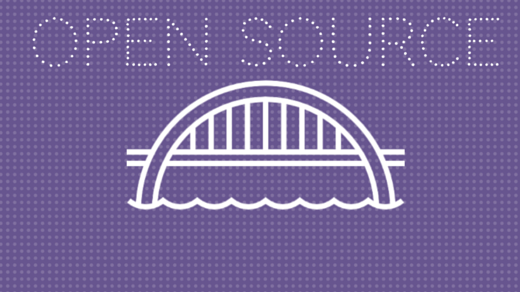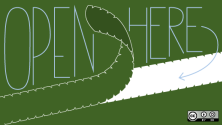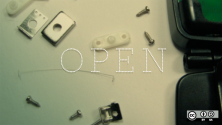Next month, Open Source Bridge is kicking off its 8th year in Portland, Oregon from June 21-24, 2016. The Open Source Bridge conference focuses on topics surrounding building open source community and citizenship.
What is open source citizenship? Audrey Eschright describes it as more than casual contributing; more like being a citizen of a country where you stay and are committed, have responsibilities and rights, but, alas, can also be removed for committing treason. (e.g. Violating a Code of Conduct etc.)
Beyond this simple definition, Open Source Bridge, while a growing conference, also tends to attract a very unique and diverse set of speakers and attendees from around the world. It may not have the size or volume of attendees of other major open source conferences, but where it lacks size, it excels in content and inclusion. Open Source Bridge has been an example in the open source community for being one of the first conferences to have a Code of Conduct, opt-in photo policy, gender neutral restrooms, childcare, and vegan food.
This year, like every year, you can find talks that align with the focus of building open source community and citizenship. Here are a few I’m looking forward to:
- Free Culture in an Expensive World is a talk about the various economic models of open source projects including worker co-ops, grant-funded and academic projects, for-profit business models, crowdfunding campaigns, and all-volunteer projects. This talk seeks to explore the sustainability of these models and impacts and benefits they have on those who contribute.
- Corporate Open Source Fail is a talk that will touch on how companies with good intentions often fail at doing open source right and discusses potential approaches to influencing bosses to "do the right thing."
- Creating Inviting Communities is a talk focused on using documentation, storytelling, and design to ensure that everyone in the community has a fun time regardless of skill level.
- Taking No for an Answer is a talk that will highlight how there is a lot of effort to get more people to say yes and lean in on projects but it's also important to accept no as an answer in order to improve security, diversity, and mentoring.
Check out the full agenda. Let us know if there are any talks that sound particularly interesting to you.







Comments are closed.